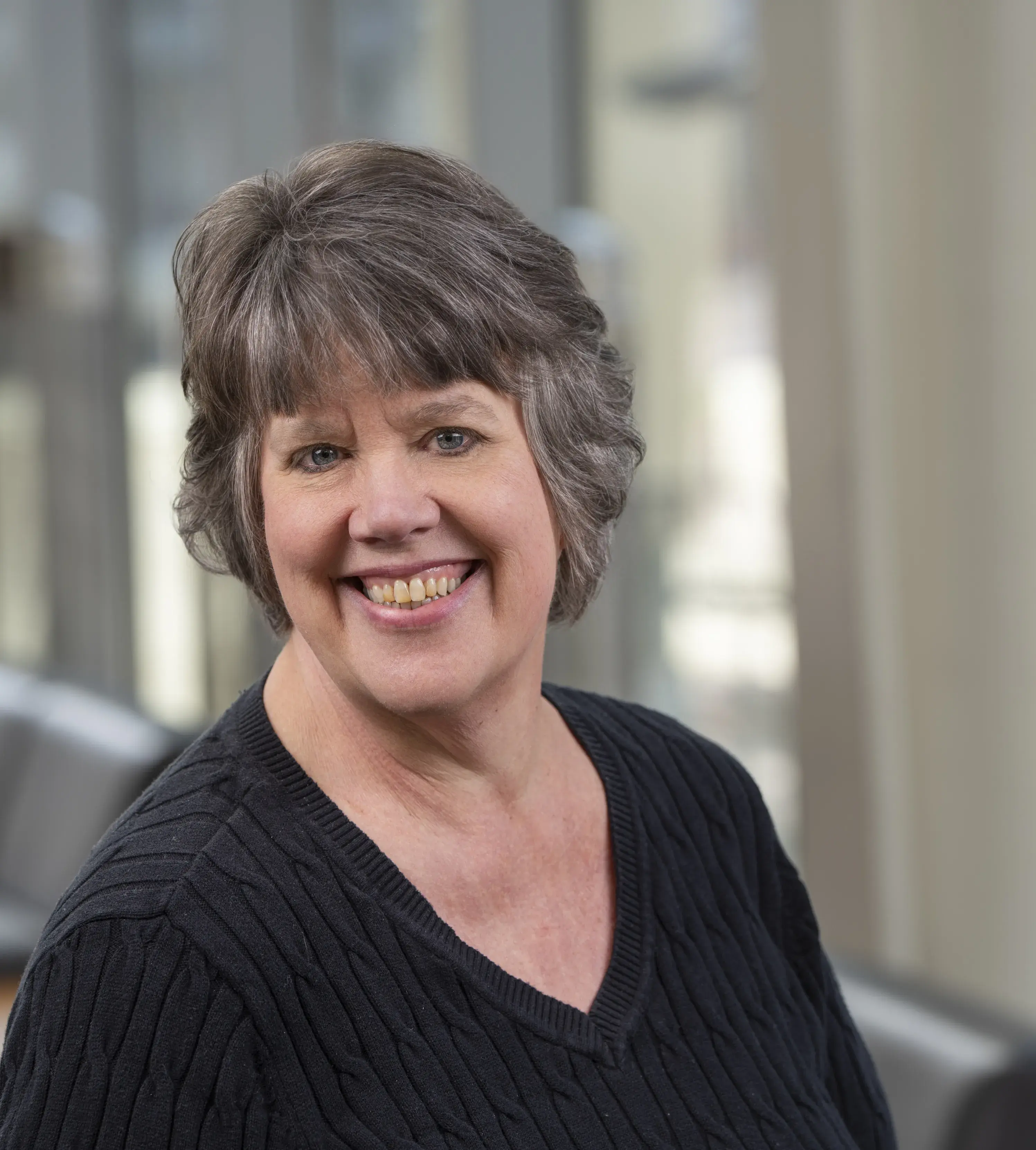-
Drug Policy Effects
-
Public Health Surveillance
-
Opioids
-
Nicotine/Tobacco
-
Pharmacy Practice
Patricia Freeman, RPh, PhD, FAPhA, FNAP
Professor & Vice Chair for Research
Dr. Freeman holds several positions in the University of Kentucky’s College of Pharmacy, including Professor in the Pharmacy Practice and Science Department, and Faculty Associate in the Institute for Pharmaceutical Outcomes and Policy (IPOP).
Her research interests are focused on substance use policy and engaging pharmacists as partners in the prevention and treatment of substance use disorders.
She received a Bachelor of Science in pharmacy and a Ph.D. from the University of Kentucky and completed postdoctoral fellowships at the University of Vermont College of Medicine and the UK College of Medicine.
Expertise
Positions
- College Faculty
- Vice Chair for Research
- Faculty Member, Institute for Pharmaceutical Outcomes and Policy (IPOP)
Education
-
Bachelor of Science, University of Kentucky
-
Doctor of Philosophy, University of Kentucky

